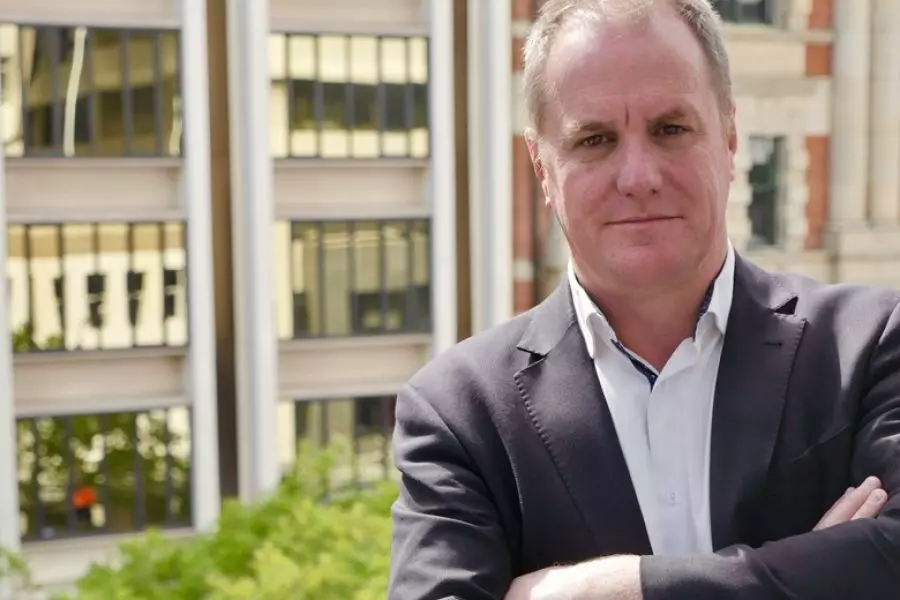News
Rental squeeze to intensify

Wednesday 31st of January 2018
Property Institute CEO, Ashley Church says the housing polices of the new government, combined with uncertainty around housing investment over the next few years, will ‘”scare” some investors out of the market.
This will have a growing impact on the number of dwellings available for rental and will start to become a problem in the second half of 2018.
“Wh...
Want to read the full article?
Click the button below to subscribe and will have unlimited access to full article and all other articles on the site.






![[The Wrap] Bye Bye Bayly](https://goodreturns.publit.io/file/c_fill,w_900,h_600/39f23ac1-f7c7-4854-b700-a150004ebbac.webp)


